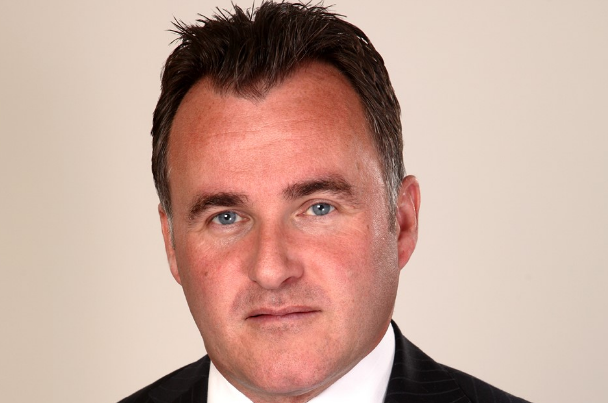When it comes to the business of specialist lending — be that residential, buy-to-let, bridging or second charge loans — we often write about it in the media in terms of numbers.
How much can your client borrow? What’s the maximum LTV, loan-to-income, gross development value? What’s the rate, what’s the fee, what’s the proc fee? We are governed by numbers: the bank base rate, Libor, inflation, cost of funds, profit margins, risk capital ratios, interest rate stress tests, affordability… I could go on and on.
But, as anyone who works in the industry knows, while numbers are important, so are people.
We seem to write far less about just how critical people are in this business, but it is relationships and experience that really make this market work. This is especially true in the bridging sector, where the community of lenders and brokers is really quite small.
- B&C roundtable: BTL lender departures, hybrid products and utopian underwriters
- Precise extends top slicing across full BTL range
- An interview with Dan Watson: 'Bridging finance can help you wherever you are in the UK'
In bridging, people buy people. It’s a totally different approach from the residential market, and even buy-to-let, where people buy products.
Brokers know better than anyone just how fundamental relationships are to getting cases completed. There also needs to be trust between lender, broker and borrower before the funds are released. In a market where some lenders come and go, that becomes even more important.
At Precise Mortgages, we’re acutely aware of the value of looking after our relationships.
We’re proud of our approach to both people and product. It’s no use being cosy with developers whose cases don’t add up; there’s also no point in offering the best rates in the market, but failing to understand what brokers and borrowers need from us to make a case work.
We also understand the value of cross-pollination between the different markets we’re in: a lot of the responsible lending practices we learned in the residential market have served both us and our borrowers well in the short-term sector.
Remember the days when some bridging lenders were charging borrowers interest on money they hadn’t even drawn? And then charging fees on that interest? Gone, largely, in no small part down to the determination of lenders, such as ourselves, campaigning to stamp out sharp behaviour that just isn’t treating customers fairly.
There’s also value that the bridging market can add to the residential side, and I think it’s becoming increasingly apparent. Mainstream mortgage lending likes tick-box process, it likes big volume because it’s low margin and that means keeping costs as low as possible.
Increasingly, that’s not serving all customers well. Most people don’t fit into boxes, and as the way we live and work evolves — longer working lives, a rise in part-time jobs and flexible contracts, more and more self-employed and complex incomes — that’s just going to become more common.
This is where relationships become vital; when a borrower or a case makes common sense, but it falls outside the typical numbers, being able to have a conversation can be the difference between securing a home or losing it.
Bridging brokers know this, it’s their bread and butter. There are plenty of mainstream brokers who know it too, and they do a roaring trade in helping customers who don’t meet high street criteria. We believe that more mainstream brokers can benefit from learning about how relationships with a specialist lender can help them serve more customers better, too.
The key here is balance, and it’s something we’re committed to. That’s why we run workshops around the country, educating brokers about our products and processes so they get to know the numbers. It’s also the reason we’ve expanded our sales team. We now have more BDMs in more parts of the UK than ever before, because we know that quickly being able to get hold of someone you know matters.




Leave a comment